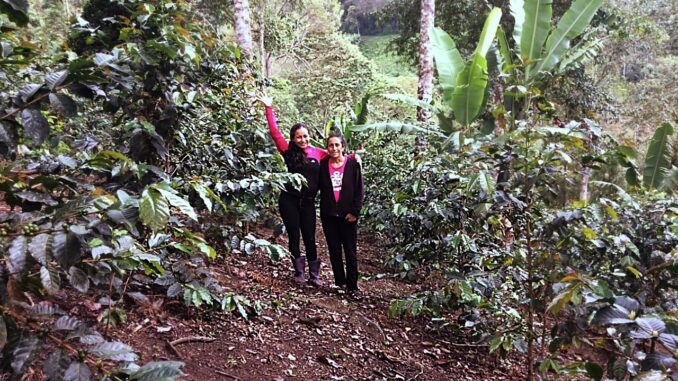
The Cusco café, founded by Carolina Peralta Minaya, sells coffee from women producers and features women demonstrating their skills behind the bar.
BY JORDAN BUCHANAN
BARISTA MAGAZINE ONLINE
Photos courtesy of Carolina Peralta Minaya
Traceability, sustainability, and conscientiousness are key values pervading the specialty-coffee trade. For many consumers and traders, these values inform their decision to get involved in specialty coffee; this is what makes specialty coffee special for them. Most often, we see these values enacted through empowerment projects that work closely with coffee-producing communities at farms.
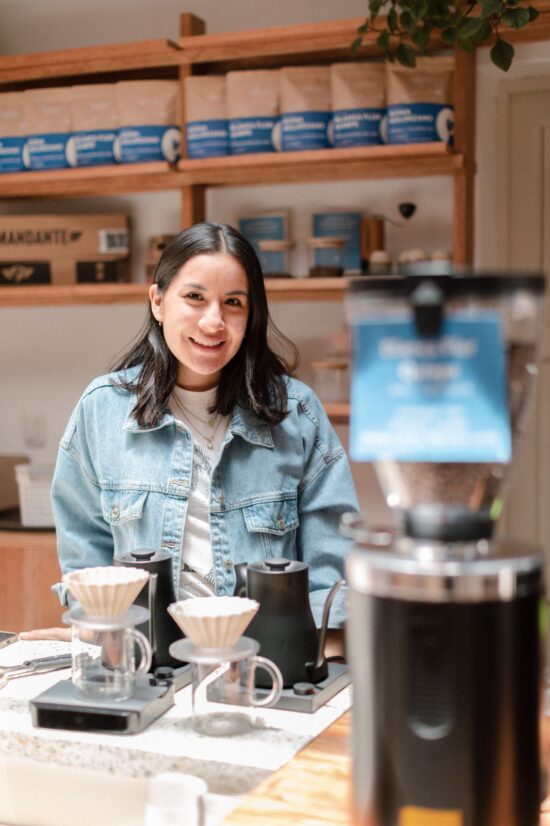
Meet Carolina Peralta Minaya
Carolina Peralta Minaya of Florencia y Fortunata, located in Cusco, Peru, is bringing female empowerment to the urban part of the specialty trade: the café. Her coffee-shop project endeavors to empower and make women visible throughout the coffee chain. The emphasis on women at the final stage of the chain makes for a unique example of how specialty coffee can be a source of positive change in society.
Carolina spent a lot of time conceptualizing and investigating how she could merge together specialty café culture in Peru with female empowerment. After studying gender politics, she went to Santa Teresa and Jaén, towns in the Peruvian coffee-producing regions of Cusco and Cajamarca, respectively. There, Carolina examined gender dynamics at coffee farms in the areas.
The Beginnings of Florencia y Fortunata
During this research, in 2020, Carolina met Consuelo Rubio and Blanca Flor Quispe in Jaén, Cajamarca. The mother and daughter were selling coffee using the name of their deceased husband and father, respectively, who was the original owner of the farm. Consuela felt that she needed to use the name of her deceased husband to gain recognition and sufficient payment for her coffee production. The discreet practice of using their male family members’ names was common among female farmers; this fact informed Carolina’s key ambition to increase the visibility of women in the coffee trade.
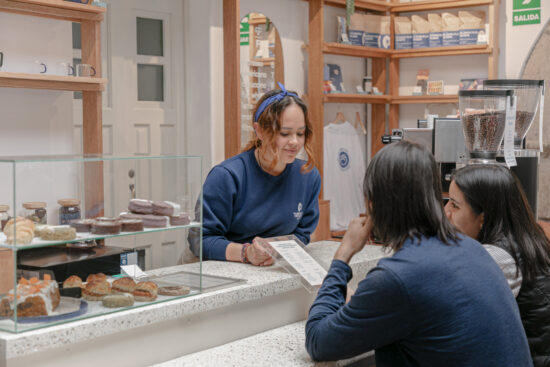
Something else stood out to Carolina: the distinct lack of women involved in coffee competitions and associations in Peru and at the global level. She observed closely the low representation and participation of women at coffee events. This examination of urban women and coffee also influenced her desire to improve conditions for women in cities. Following this formative period of research and contemplation, in May 2021, Carolina launched Florencia y Fortunata as a specialty café in Cusco.
A Business, a Social Project
Florencia y Fortunata thus came into existence as a distinct social project: a hybrid between private business and NGO. The café is the center of operations for a broad effort to improve visibility and opportunities for women, as well as to challenge social norms. The coffee that Carolina purchases for her café supports women at the start of the coffee chain. By providing reliable trade and cooperation for female farmers, she represents these women’s valuable work through the coffee shop. Carolina has successfully collaborated with female farmers to increase their image and pride as the core name and face of their products.
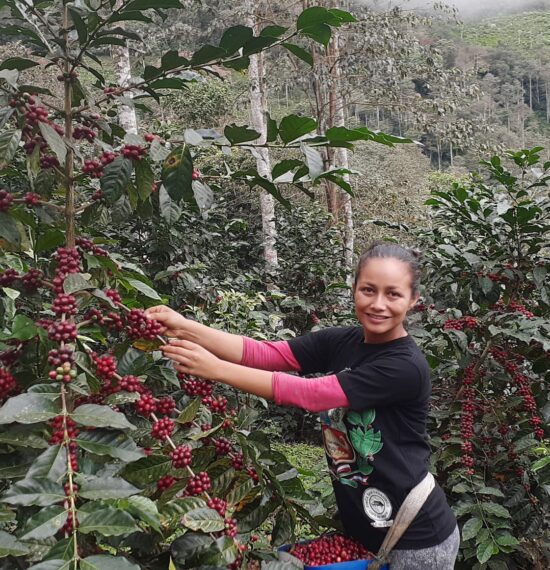
Urban coffee workers are often overlooked in social projects in coffee, especially at origin. But gender disparity in the urban environment does not slip past Carolina’s diligent eye for social issues. Florencia y Fortunata only employs women as baristas; increasing the visibility of women demonstrates their equal ability to work in a society that often considers women’s social roles to be elsewhere. Walking into Florencia y Fortunata, a female barista will greet you and gladly explain why this project exists. Then she’ll serve you a perfectly extracted drink of your choice; the baristas are confronting social bias face-on.
Working with Women
Providing quality training and empowerment for female baristas is core to the project. Carolina ensures that the training at the café helps her employees to understand gender norms and discrimination to enable them to navigate these issues in their own lives. Carolina prepares her employees to achieve their own aspirations in life; working for Florencia y Fortunata is a stepping stone for women, according to Carolina. It is an opportunity to bring women into the workplace, build their confidence, and advance their own hopes for success. She describes the work experience as a trampoline for her staff to reach their own aspirations and successes—they grow and they move on.
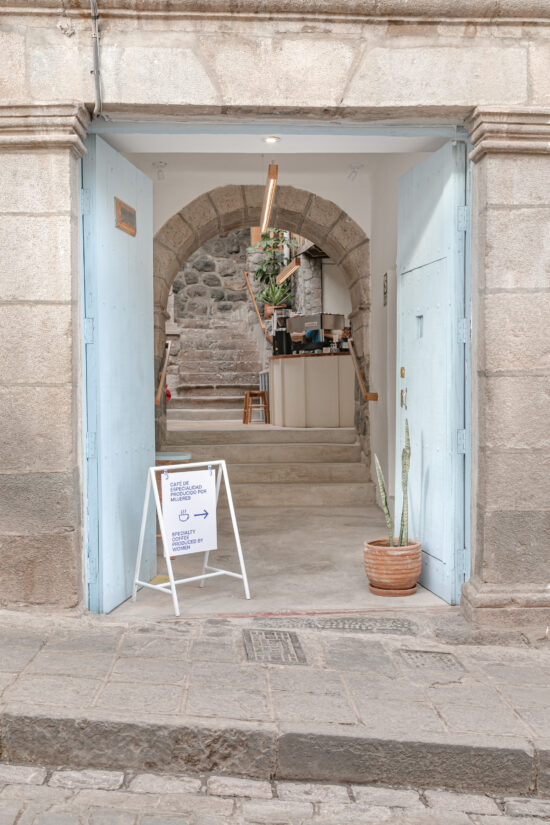
Empowering women in society and confronting social prejudice towards women is a collective effort to change social norms in Peru. Carolina did not want a business that would just make money. She wanted a project that satisfied her desire to have a positive impact on people. She pushes back against the traditional business model of “profit over people,” and stands strong in the face of conservative social norms in order to facilitate the growth of women and society as a whole.
This challenge to gender norms is an invaluable contribution of this project. Whether it be in urban or rural spaces, we need advocates in the coffee trade who are willing to resist discriminatory and oppressive social norms that reinforce inequality.
ABOUT THE AUTHOR
Jordan Buchanan (he/they) is completing their Ph.D. in Latin American history at UC San Diego. Their research focuses on the growth of specialty café cultures in producer nations in Latin America. Jordan grew up in Scotland and currently lives between there and Mexico when not doing doctoral work in San Diego. After purchasing their first AeroPress, Jordan has been an avid specialty-coffee enthusiast, which has added a new perspective to their lust for travel and exploration.



